A dangerous spider that you can accidentally buy along with fruit (5 photos)
And this is one of the most poisonous spiders on the planet. 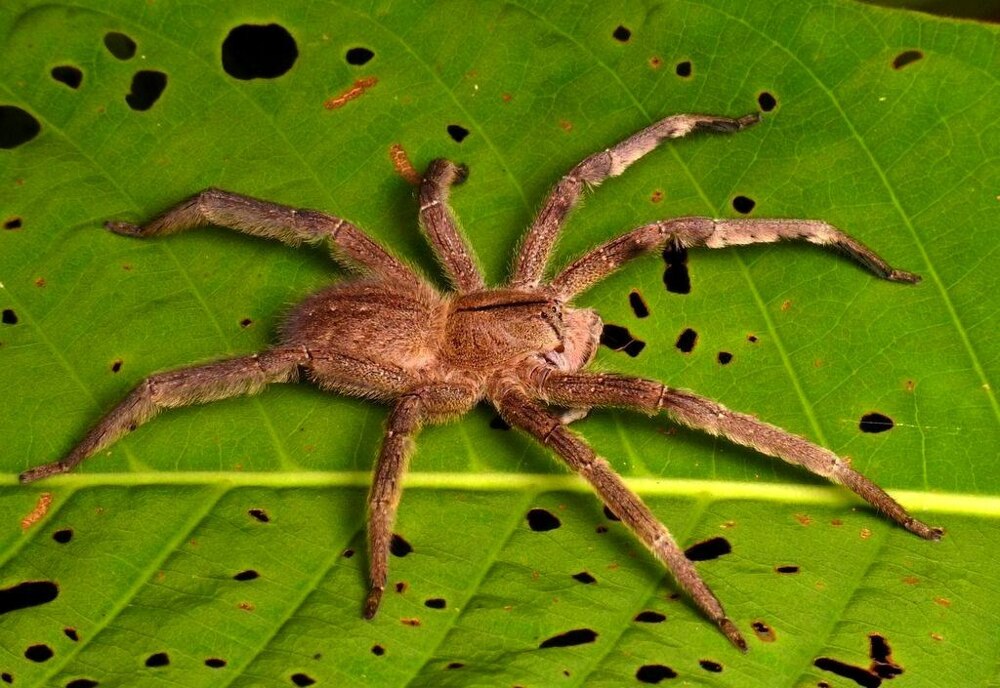
Meet the Wandering Spider. Belongs to the phylum Arthropods, class Arachnids. The genus of these spiders includes 8 species known to science.
The wandering spider's habitat is the countries of Central and South America, such as Nicaragua, Costa Rica, Colombia, Ecuador, Venezuela and Brazil.
Of course, you will have a question about how a spider lives on another continent in the CIS countries. In fact, the Wandering Spider loves to wander around the world. And he does it by accident. Plantation workers may inadvertently send fruit along with spiders to another continent. 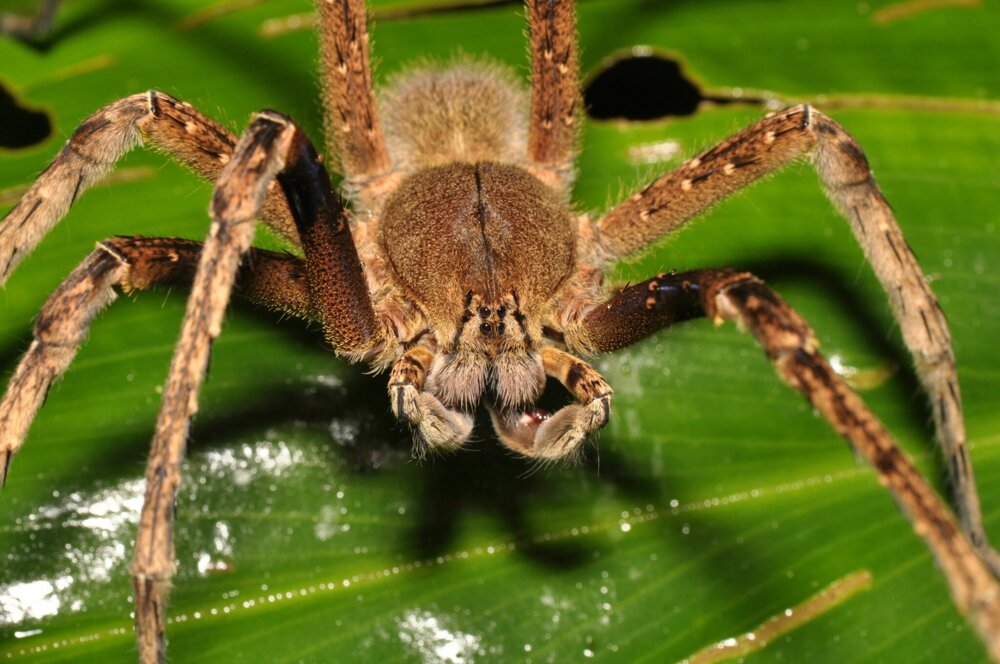
There were cases in Europe when a buyer took a bag of groceries in which a poisonous spider brought from South America settled into his home. Most often, these spiders are found in boxes of fruit; they especially like to hide in bananas.
Due to cases of Wandering Spiders entering Europe, South American farmers have begun to carefully handle fruit packages before shipping. But given the absent-mindedness of Latin Americans, it would be a good idea to be vigilant when buying fruit in the store. 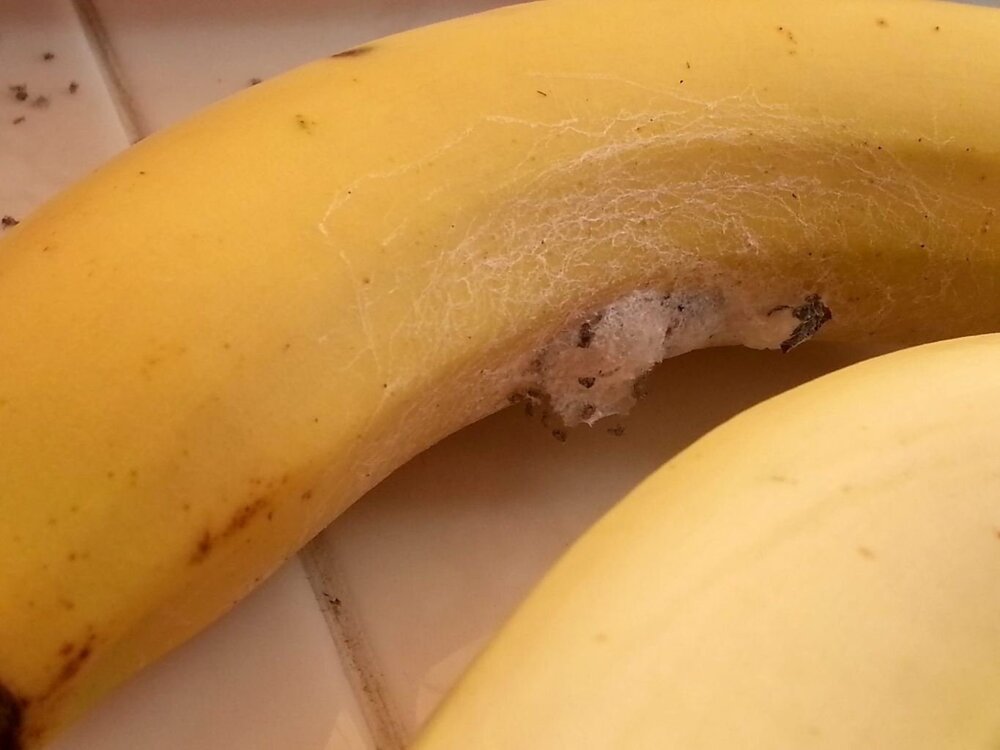
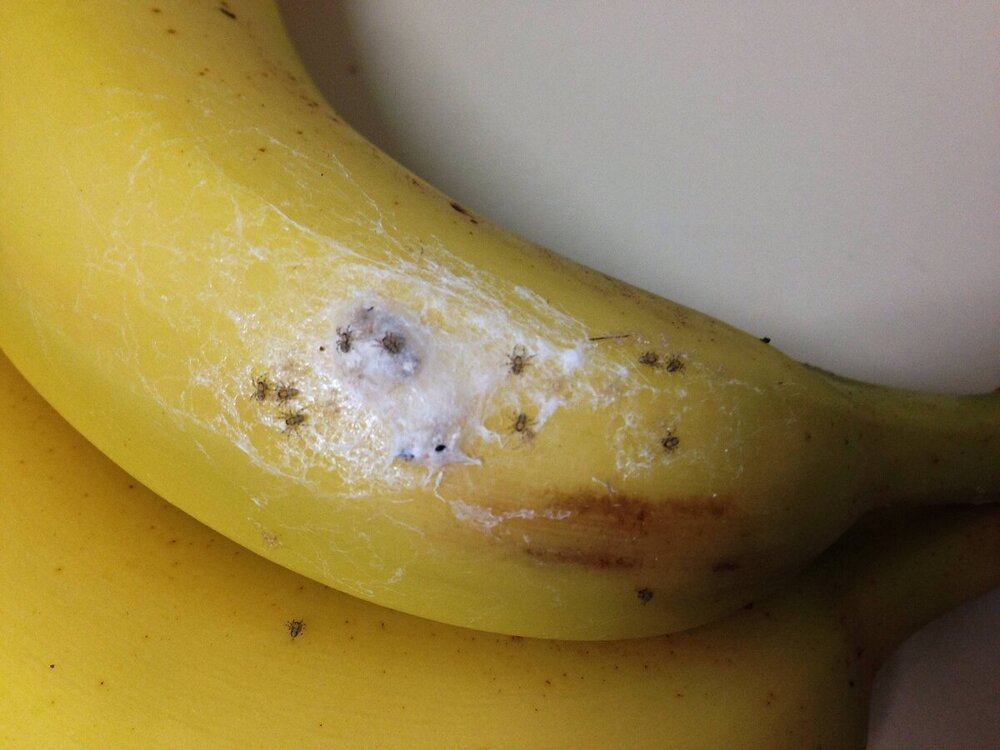
The wandering spider reaches a fairly large size. The length of its body reaches 5 centimeters, and if counted together with its paws - 18 cm. Some species of these spiders have red chelicerae.
The spider is nocturnal, hunting for crickets, beetles, butterflies and even small lizards. The wandering spider does not weave a web, as it hunts prey with rapid jumps. Therefore, it can travel a long distance during the night, constantly changing its place of residence. During the day, he rests under stones, on tree branches or in banana thickets. 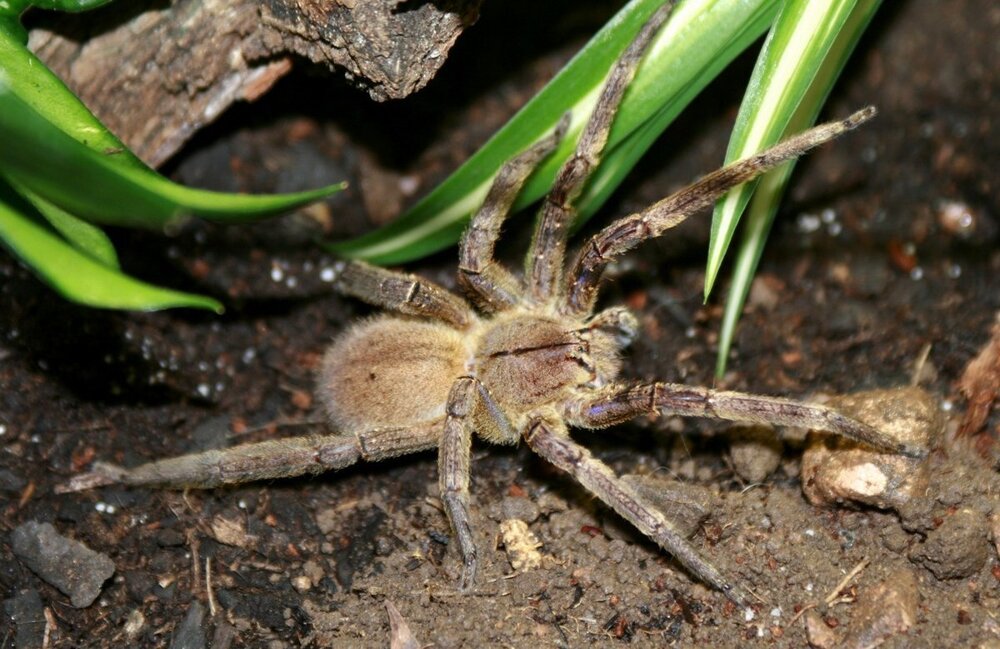
The breeding season lasts from mid-spring to early summer. A fertilized female can lay up to 2000 eggs at a time. Sometimes she lays eggs directly on bananas, or attaches them to foliage, and then goes hunting. After the spiderlings are born, the female carries them on her back.
The wandering spider can only live in warm climates, so it will not survive harsh winters, but some extreme sports enthusiasts keep these spiders in home terrariums... and maybe it’s your neighbor.
The wandering spider's venom contains a powerful neurotoxin that causes loss of muscle control, followed by respiratory arrest and heart failure. In men, after a bite, a strong erection occurs, which can last for several hours. In this regard, biologists are studying the venom of the wandering spider in order to create a medicine to increase potency.
One piece of good news is that there is an effective antidote for the Wandering Spider's venom, so the number of fatalities due to bites is low.
Most banana supplies come from South America, so be careful.























